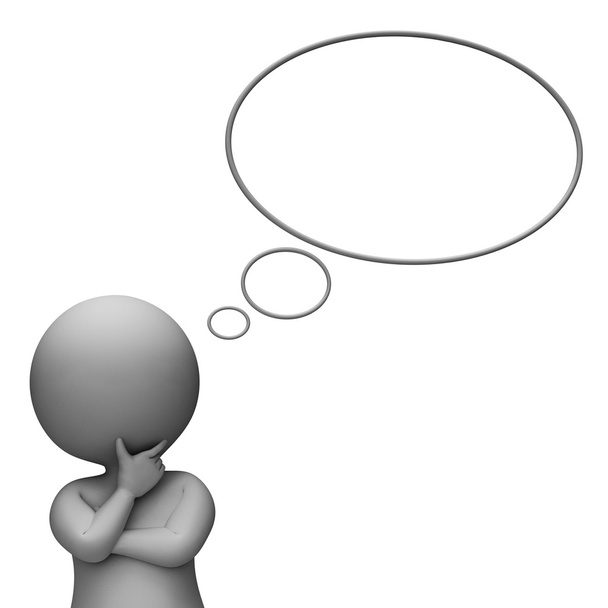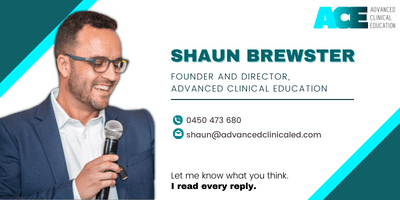Mindful success
I was thinking the other day about something I quite often say in the classroom.
“Success breeds success”.
It’s true that when we succeed at something, we are more likely to try it again and ultimately gain even more success. Though, on reflection, I realised that there is more to this.
It is in fact, MINDFUL success that breeds more success.
Anyone can win something, achieve something or be successful at something, and then try again and miss the mark.
It is only when we are successful, AND we are mindful about how and why we achieved that success that we are then able to replicate, multiply or further that success.
This led me to consider if the same is true then for failure.
In my estimation, failure often does lead to more failure, unless of course we apply self-awareness or mindfulness to that failure. Then, we are able to identify where we went wrong and adjust accordingly.
So, in reality, Mindful failure breeds success!

If mindful success breeds success AND mindful failure breeds success, it seems obvious then that the key to winning more often at whatever we set our minds to, is more about how we in fact “set our minds”.
I think it is far too common for us to take a Ready, Aim, Fire approach to our goals, when in fact, we should be thinking about it more like Ready, Aim, Fire, Aim, Fire.
The “aiming” is the mindfulness part. It is where we consider the factors at play, we take into account our past learnings, our understanding of the variables, and we make educated decisions. New, updated decisions.
Aiming is not enough. Thinking about something without action doesn’t build capability.
Firing is not enough. Simply acting without thinking doesn’t build skill.
This model is something we can all take into our clinical practices.
As we consider the outcomes of each treatment we provide, we have an opportunity to see what we achieved (or didn’t achieve) and be mindful about what we can learn from those outcomes so that we can produce better ones on our next attempt.
If we miss this crucial reflective step, we will be doomed to repeat the same mistakes again, or at the very least to achieve no better than we did the first time.
My challenge for you for this week is to allocate a little time as part of each consultation, to explore the outcomes you have produced, and to really think hard about what you did that may have produced those outcomes. Then ask yourself, “if I wanted to help this person even more, what would I need to do?”.
Likewise, if you didn’t get the results you were aiming at, think hard about what you may have missed, or what decision you made that may have led to you missing the mark. Then, consider what you could do differently next time, then aim different, aim again.
Shaun Brewster


